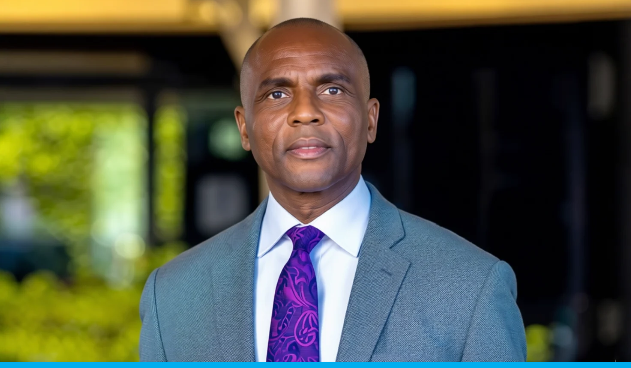The number of out-of-school children in Nigeria has risen to a staggering 18.95 million, according to new figures released by the United Nations Children’s Fund (UNICEF).
The data was disclosed during an orientation meeting with traditional leaders in Numan, Adamawa State, organized by UNICEF’s Bauchi Field Office in collaboration with the Global Partnership for Education (GPE) and the Adamawa State Ministry of Education.
Speaking at the event, UNICEF Education Specialist, Abdulrahman Ado, described the figure as alarming and called for urgent intervention to reverse the trend. He said the orientation aimed to engage traditional rulers as key partners in improving school enrolment, retention, and completion in communities with high dropout rates.
“UNICEF is committed to supporting education systems at all levels. We believe traditional rulers have a crucial role to play in mobilizing parents and caregivers to ensure every child is enrolled and stays in school,” Ado said.
Adamawa State officials confirmed that the crisis is particularly severe in the local government areas of Guyuk, Numan, Jada, and Demsa, where dropout rates are significantly high.
The state’s Commissioner of Education, Dr. Umar Garba Pella, represented by the Permanent Secretary, Hajiya Aisha Umar, appealed to community leaders to take ownership of school attendance efforts in their domains.
Meanwhile, Director of Planning, Research and Statistics in the ministry, Mr. Rufus Isaiah, noted that over 30 percent of the out-of-school children are in Adamawa State alone. He added that one in every three children aged 4–12 in the state is not attending school.
“Across Nigeria, 10.2 million children of primary school age are out of school. The situation is even more dire when we include children of junior secondary school age,” Isaiah said.
The Hama Bachama, His Royal Majesty Homun Daniel Shaga Ismaila, who hosted the event, called for constitutional recognition of traditional rulers in Nigeria’s education structure. He also urged the federal and state governments to rehabilitate dilapidated school infrastructure and provide more teachers in underserved communities.
The growing education crisis in Nigeria has been worsened by widespread insecurity, particularly in northern states, where frequent attacks and kidnappings by bandits and insurgents have led to the closure of many schools and fear among parents.
UNICEF urged all stakeholders to act swiftly by increasing budgetary allocations to education, enhancing school infrastructure, deploying trained teachers, and addressing insecurity around learning environments.
Nigeria currently has the highest number of out-of-school children in the world, a challenge that threatens the country’s social and economic future if left unaddressed.






